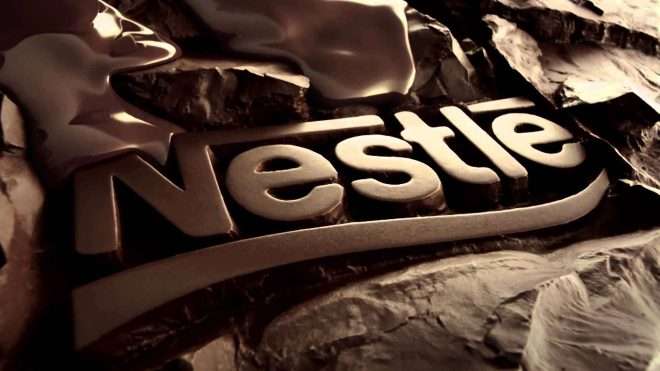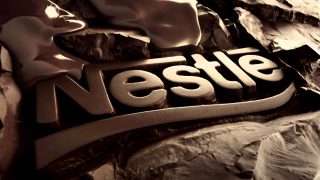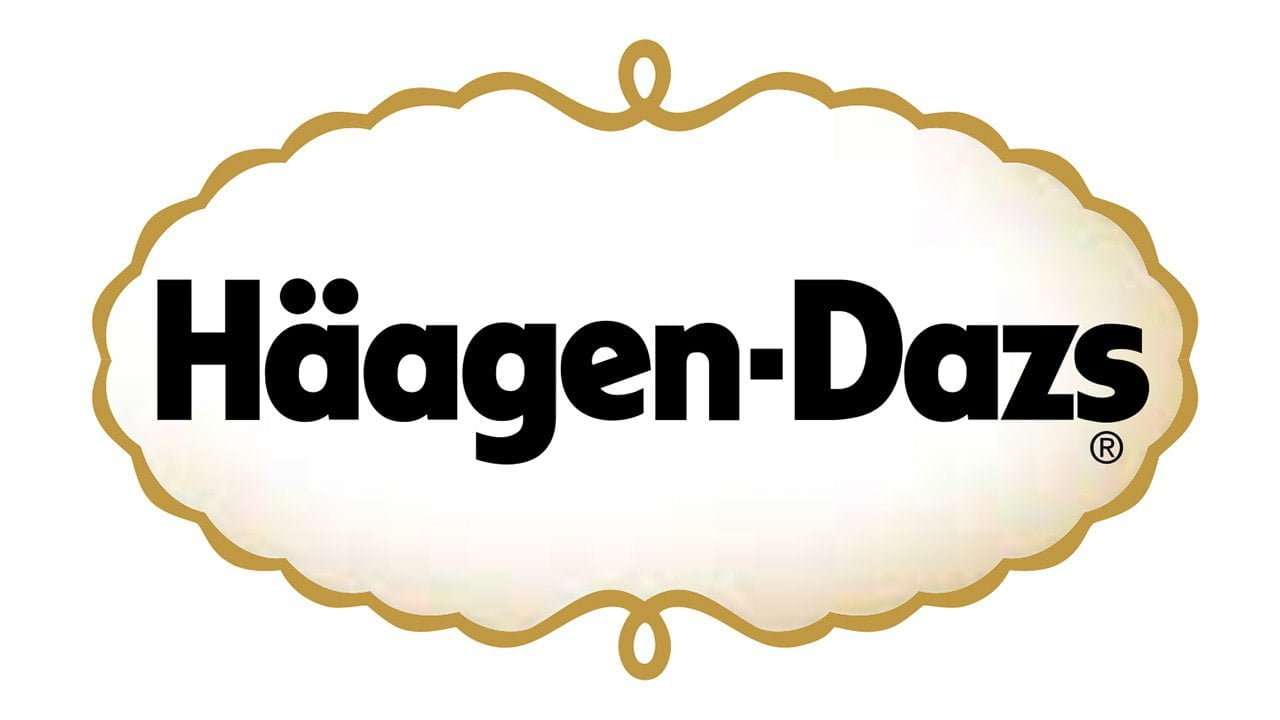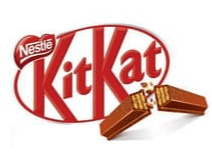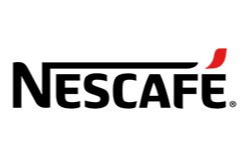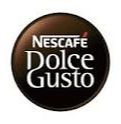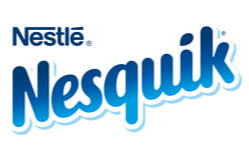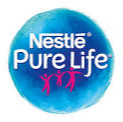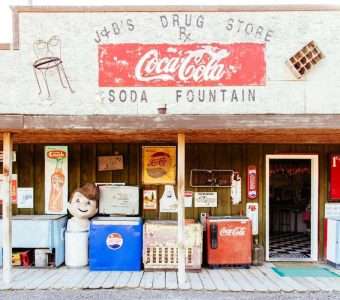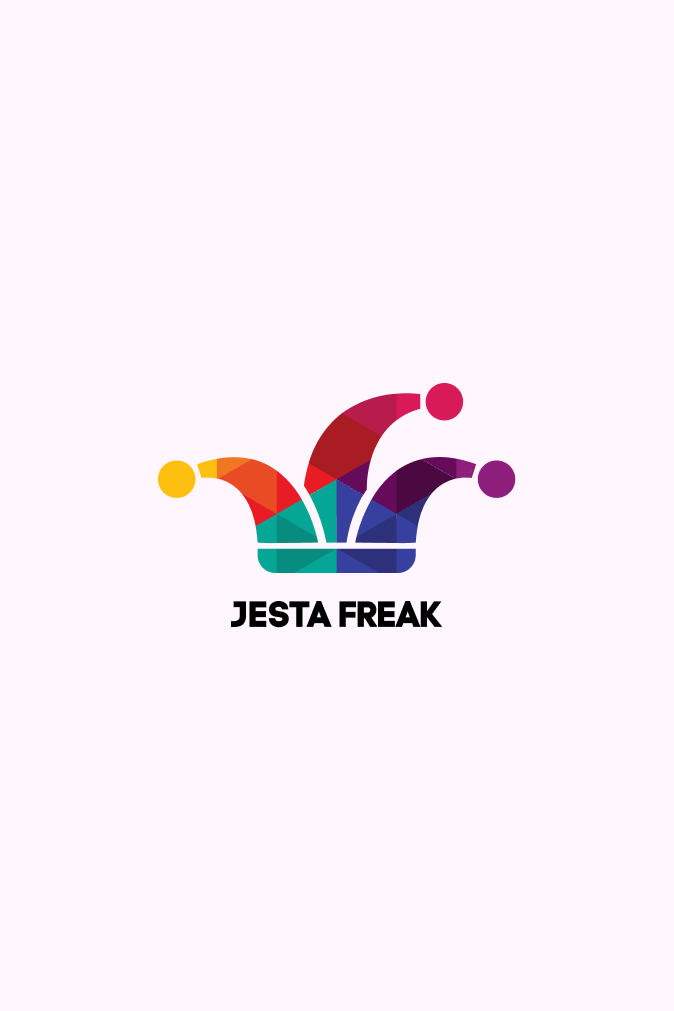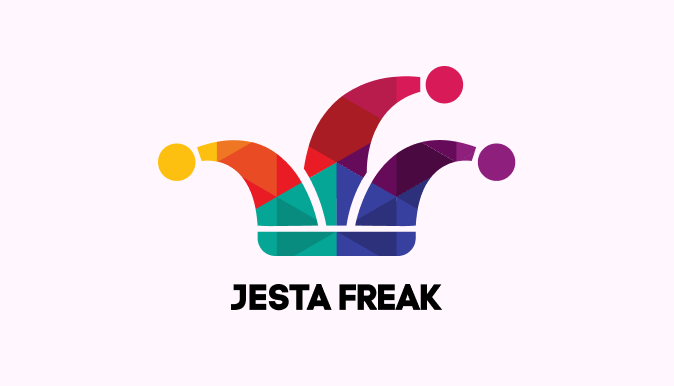We live in a time where food scarcity is not an issue anymore, but when Nestle was born in 1866 that was not the case and Nestle’s Farine Lactee, infant formula, was a necessity for Europe and the rest of the world.
Henri Nestle was a Swiss man with dreams of becoming a force in the world of dairy products and his empire was built largely on one of their most delicious and famous products to this day: condensed milk.
After winning a price war with its competitors at the time, and after condensed milk became an enormously successful product, Nestle kept growing exponentially and acquiring other companies, enlarging in the process their catalog of products to include some of the world’s most recognizable brands such as Nesquik, Maggi, Nescafe, Kit Kat, and many other brands from Galaxy chocolate to Häagen-Dazs ice cream.
In their quest for innovation in the late 1930s, Nestlé concocted Nescafé, the world’s first instant coffee. Max Morgenthaler, a Nestlé chemist, brewed up this perfect formula for a convenient cup. This invention was particularly significant during World War II when Nestlé supplied millions of cups of Nescafé to soldiers. Nowadays, Nescafé is a household name, as are some of its other Nestle coffee brands such as Nespresso and Nescafé Dolce Gusto.
Some accidents lead to success, such as in the 1930s, when Ruth Wakefield, the owner of the Toll House Inn, embarked on a delicious experiment. She added Nestlé’s semi-sweet chocolate pieces into her cookie dough, hoping they would melt and blend. Surprisingly, the chocolate held its shape, giving birth to the world’s first chocolate chip cookie.
In 2015, Nestlé went beyond Earth and reached for the stars. The brand partnered with the International Space Station (ISS) to send Nesquik to space. Astronauts on the ISS enjoyed the brand as part of their “diet”, making it the first chocolate milk consumed in space.
However, Nestle is not without controversy, and there have been issues related to illegal and unethical practices in third world countries, and unhealthy or contaminated products. It is inevitable Nestlé needs to solve these but also embark on further transformations such as social responsibility, waste reduction, and achieving Corporate Net Zero. By placing these improvements at the forefront, Nestlé can effectively address consumer concerns and mitigate the likelihood of customers shifting brands. We, the public, governments, and media, need to continue to point these challenges out and force Nestle to address these issues honestly.
It might take time but the company has earned the trust of at least 500+ million people over the last 100 years since its existence. It should not destroy this – it started as a power for good let us not forget that and perhaps Nestle should remind itself at times of controversy or its role in the world besides profit.
Register now to join the conversation, access exclusive content and be a part of our exclusive brand communities.
